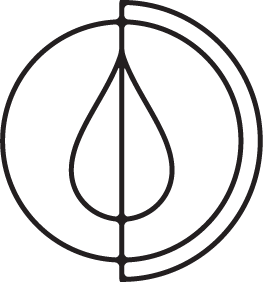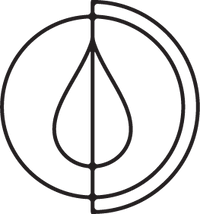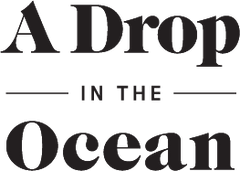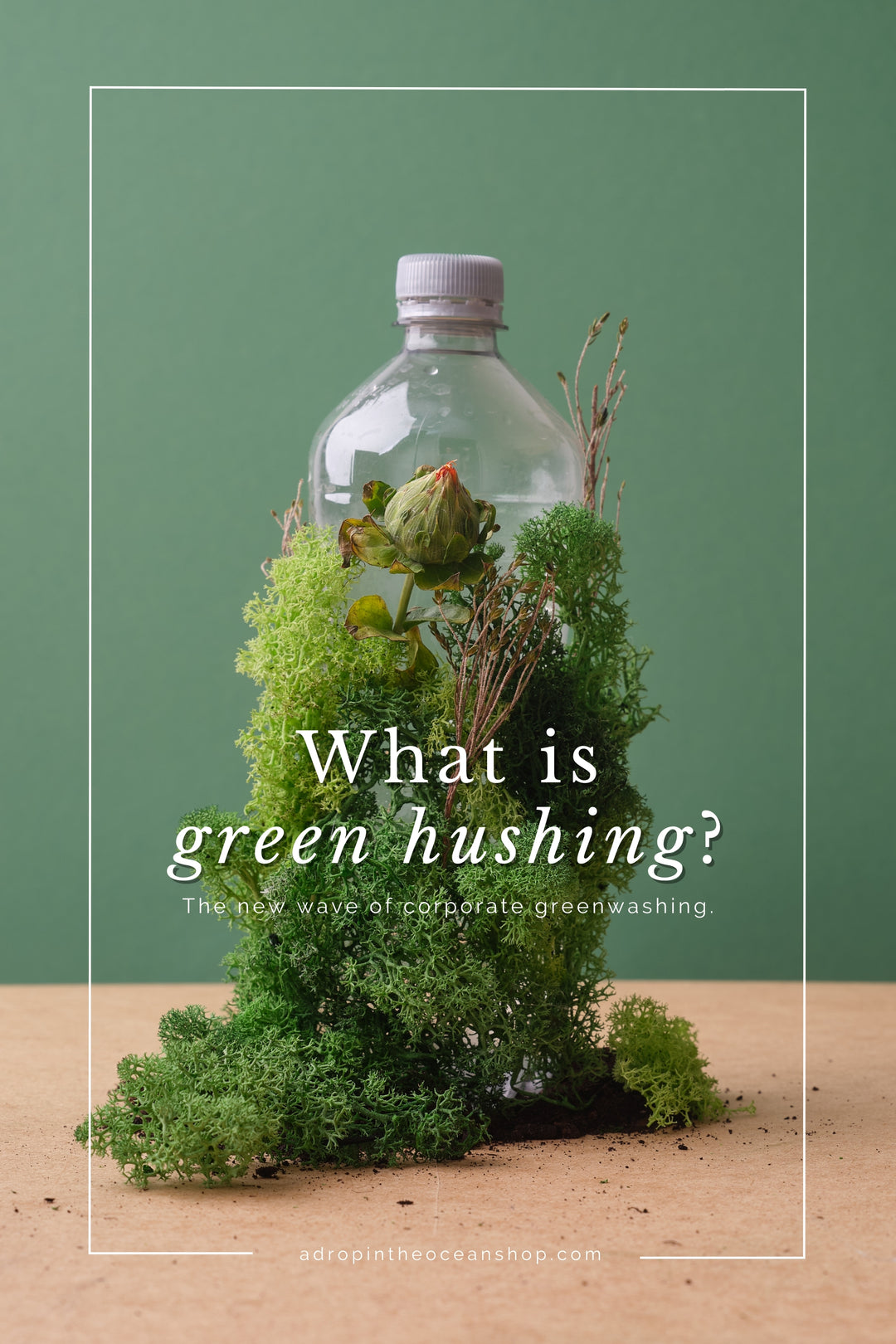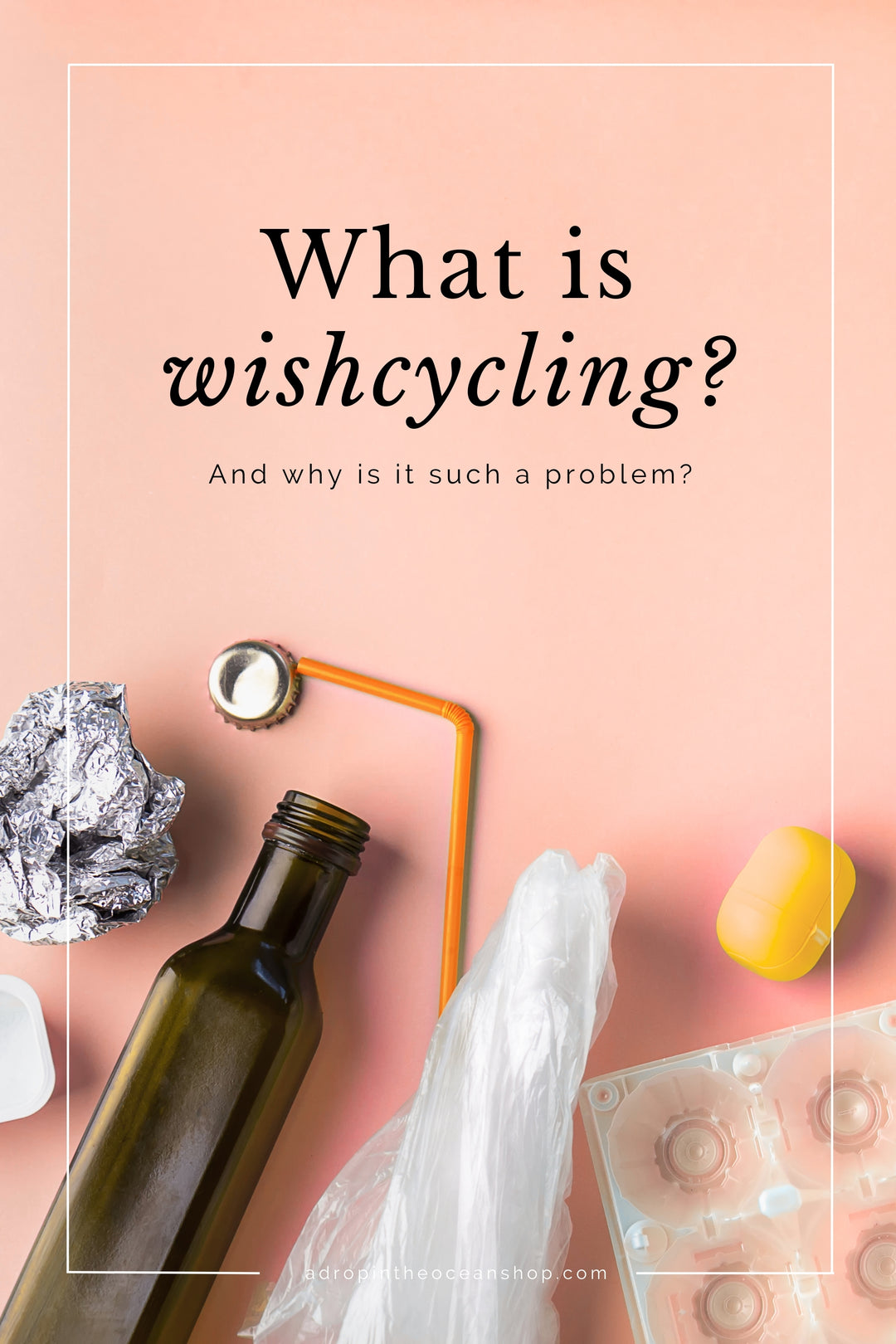Blog
Today, I wanted to take a look at how much money we’re currently spending to deal with all the trash we’re throwing away, compared to how much it would cost to prevent that waste from being produced in the first place. In short… What is the cost of preventing waste instead of dealing with it after it's made?
This week, we’re talking about how to find YOUR community (no matter where you live) and how to be a climate activist during a second Trump presidency and beyond. This post might look a little different than usual, and that’s because I want this to be a resource list you visit over and over and over again (and perhaps share with your friends and family members, too).
I went to the gym for the first time in a long time today. And when I got on the treadmill, I almost started crying. Things are heavy and it's hard to be a human right now, but I learned three things on that treadmill today that I think we should all remember in 2025.
I just spent six days at the Vermilion Sea Field Station on our Baja EcoWarrior Retreat. This wasn’t the first time I’d visited the Field Station, but as I’ve reflected on this year’s Retreat and the impact it had on me, there’s one phrase that keeps coming up for me: Conservation is all of us. This wasn’t a theme of the trip. It wasn't even said on the trip. And yet…it’s all I can think about.
I learned a new term recently... Green hushing. Apparently, this term is nothing new. A quick Google search for the term yields a plethora of results, but this is a whole new world to me, and I thought it might be for you too. So let's talk about green hushing and why it may be the new corporate greenwashing.
I stumbled across an ad for a skincare company that said their products are closed-loop refillable. So I went to their website and and I found a video explaining their so-called "closed-loop" refill system... And that's how I learned "closed loop" is becoming greenwashing. Here's what you need to know.
This week marked the last day of Plastic Free July, and instead of our usual blog format, today I just wanted to take a moment to reflect on the past month and some of the lessons I’ve learned from it. Some of these are new lessons for me, and some are simply reminders that were brought to the surface again, but all of them are so valuable, and might resonate with you, too.
Last week I had a truly bewildering interaction on Instagram. Which got me wondering...where's the "yes, and..." in the sustainability movement? We're all fighting for the same thing, so let's stop fighting each other. Here's the full story.
Earth Hour was founded in 2007 as a call to awareness about our climate crisis. It’s a simple, symbolic way we can all take a stand and make a difference. To participate in Earth Hour, on March 26th, for one hour, beginning at 8:30pm, turn out your lights and choose how to spend Earth Hour. Here's how I'll be spending the hour this year.
I first heard of the Lights Out for Migratory Birds program in 2017, and the more I learned about the program, the more interested I became. I discovered just how important programs such as these are for our wildlife - and for ourselves. So today I wanna share with you a bit about Lights Out, why it matters, and what we can all do to protect migratory birds from the comfort of our own homes.
Zero waste is about more than reducing our waste. It’s also about increasing access to healthcare, advocating for marginalized communities, holding corporations accountable, supporting renewable energy, voting for leaders that act on climate change, honoring indigenous practices, and more. One of the best examples of how these things are interconnected is the current construction and subsequent protesting of the Line 3 pipeline.
